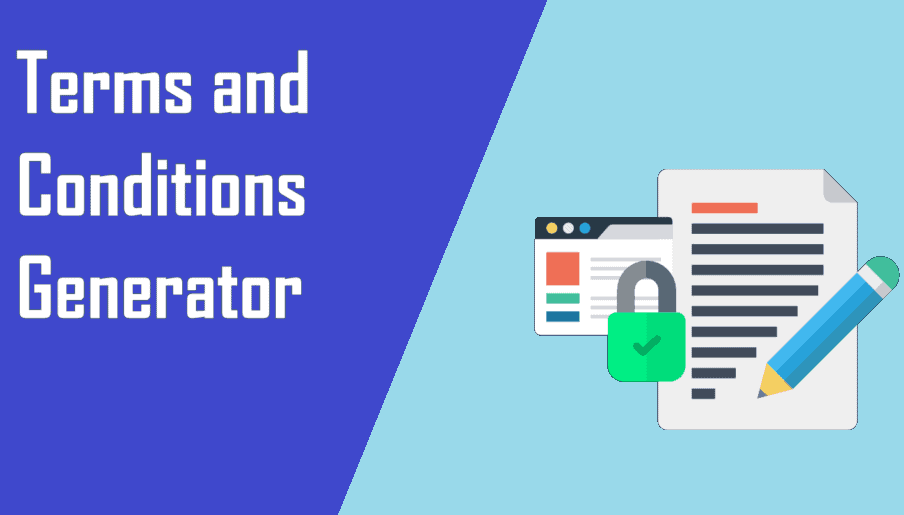

Terms and Conditions, also known as "Terms of Service" or "Terms of Use," are the rules and directions for using a website or online service. They tell both the site owner and the user what their rights and duties are.
Most of the time, a website's terms and conditions include the following:
1. Acceptance of Terms: This part says the user agrees to the terms and conditions by using the website or service.
2. User Conduct: This part tells users how to act when using the website or service.
3. Intellectual Property: This section describes who owns and how to use the website's material and intellectual property, such as copyrights and trademarks.
4. Privacy Policy: This part explains how the website collects, uses, and protects the personal information of its users.
5. Disclaimers and Limitations of Liability: This part limits the website owner's responsibility for any damages from using the website or service.
6. Termination and Changes: This part explains that the website owner has the right to end or change the terms and conditions at any time.
7. Governing Law and Jurisdiction: This part tells what laws apply to the website and where disagreements will be settled.
Users should read and understand a website's terms and conditions before using it to ensure they follow the rules and protect their rights.

A Terms and Conditions maker is an online tool that helps website owners make their terms and conditions for their website or online service. Most of the time, these tools ask the website owner questions about their website or service and then make a set of terms and conditions based on the answers.
Terms and Conditions generators are made to help website owners make formal agreements without having to know much about the law. By streamlining the process of making a customised agreement that fits the needs of the website or service, they can save time and money.
Terms and Conditions makers can be helpful, but they are not a replacement for legal advice from a professional. Website owners should always talk to an attorney to ensure their terms and conditions are legally binding.
Terms and Conditions are a contract between the website owner and the person using the site. They work by showing how to use a website or online service by laying out the rules and guidelines.
Users usually agree to the terms and conditions before using a website or online service. This is generally done with a pop-up window or a box the user must click to show that they agree to the rules.
Once the user agrees to the terms and conditions, they must follow the rules and directions in the agreement. This means that if the user breaks any of the regulations, the website owner may be able to go to court to make the deal stick.
Terms and conditions not only protect the rights of the website owner but also protect the rights and responsibilities of the user. For instance, the terms and conditions might say how the user's personal information will be gathered, used, and kept safe. This can help keep the user's data from being used without permission.
Overall, terms and conditions clarify how to use a website or online service and ensure that both the website owner and the user know their rights and responsibilities.
You need to have Terms and Conditions on your website for several reasons, such as:
1. Legal protection: Terms and Conditions are a contract between the website owner and the user enforceable by law. By laying out the rules and instructions for using the website or online service, they can help protect the website owner from legal disputes and liability.
2. User Understanding: Terms and Conditions clarify what rules they need to follow when using your website or online service. This can help keep people from getting confused or not understanding each other, which can lead to fights and legal problems.
3. Privacy Protection: Terms and Conditions can help protect users' privacy by explaining how their personal information will be gathered, used, and kept safe. This can help keep user information from being abused or shared without permission, which can lead to legal trouble.
4. Protection of Intellectual Property: Terms and Conditions can help protect the website owner's intellectual property, like copyrights and brands. They can also stop people from using the website's content in a way that goes against the rights of the website's author.
5. Credibility: Having professional terms and conditions can help people trust and believe in your business. It shows that you care about your website or online service and want to ensure people can use it safely and reliably.
Overall, it's essential to have Terms and Conditions on your website for legal protection, user understanding, privacy protection, security of intellectual property, and business credibility. They are an excellent way to protect both the website owner and the user and can help keep legal arguments and liability from happening.